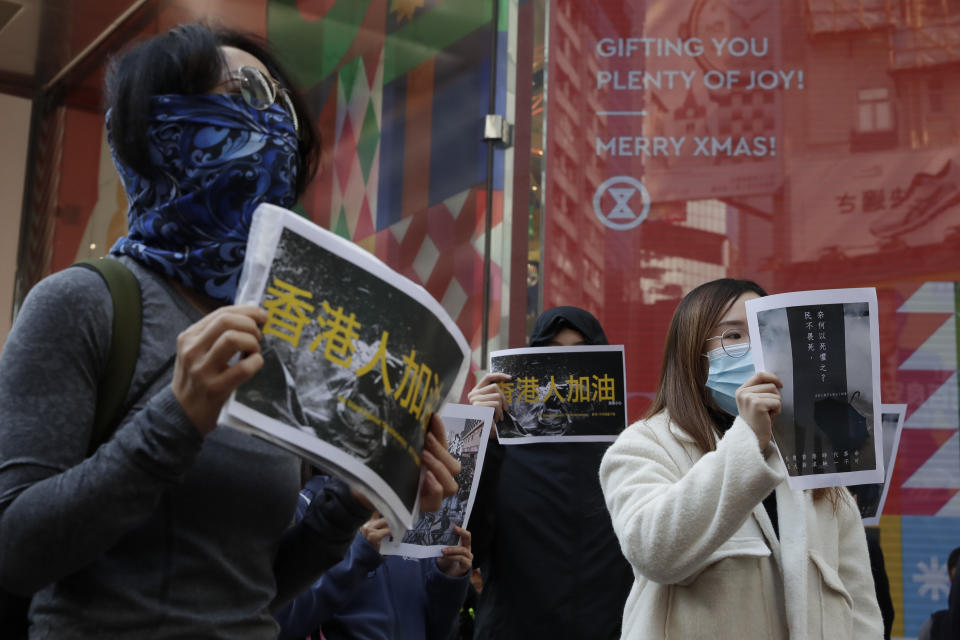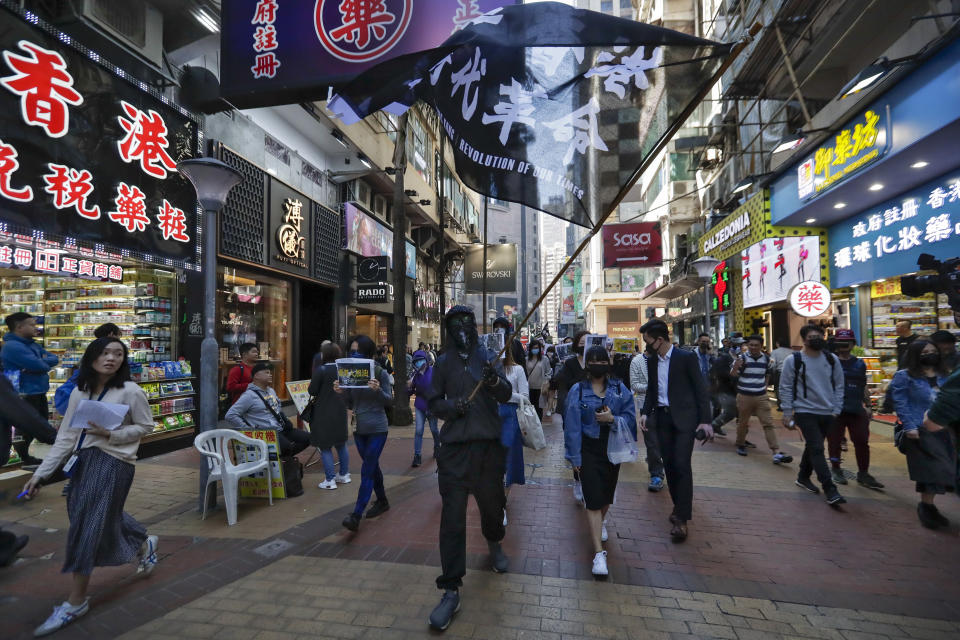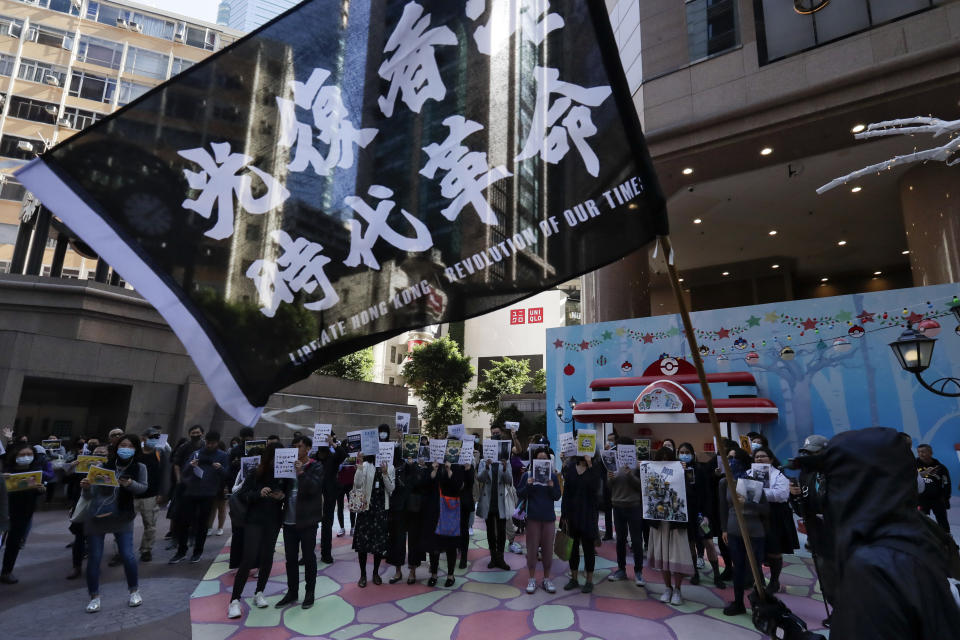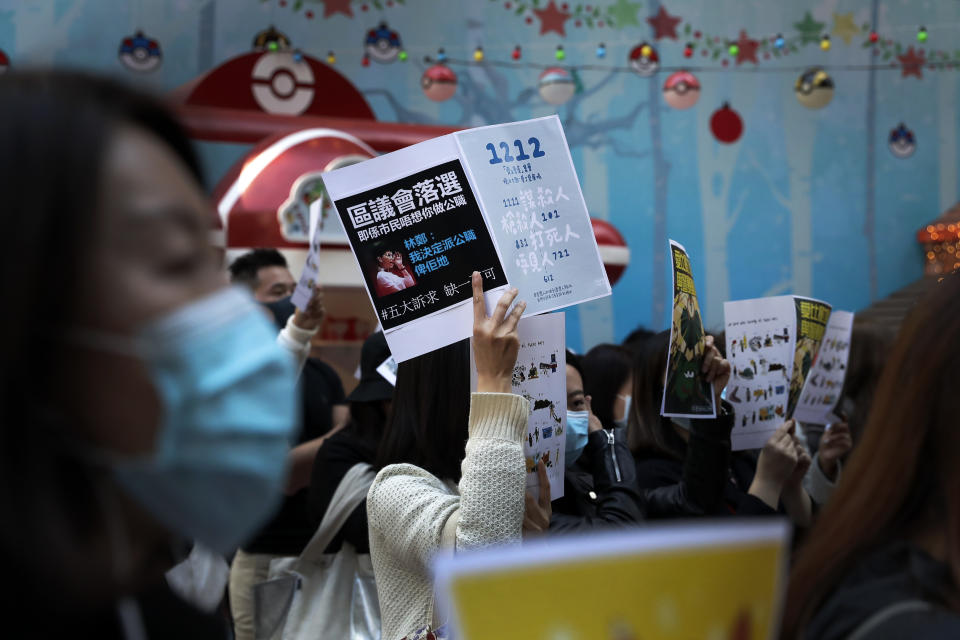Experts quit police probe in blow to Hong Kong government
HONG KONG (AP) — Foreign experts recruited to add legitimacy to Hong Kong's police watchdog quit Wednesday, saying the agency lacks teeth.
The expert panel's decision to stand aside is likely to increase pressure on the territory's government for an independent probe of police behavior during six months of pro-democracy protests.
Critics of the police watchdog had previously argued that the agency lacks independence and powers to credibly investigate policing of the protests.
The panel of international experts that the agency turned to in September for experience and advice ended up drawing a similar conclusion.
In a statement announcing their decision to quit, the experts from Britain, Canada, Australia and New Zealand said the watchdog suffers from “a crucial shortfall” in its “powers, capacity and independent investigative capability.”
Policing of the protests has led to a breakdown in public trust in the once highly respected 30,000-strong force.
Since the protest movement started in June, officers have fired 26,000 tear-gas and rubber-baton rounds at demonstrators, arrested more than 6,000 people and faced broad condemnation for perceived abuses.
An independent investigation of police conduct is among the movement's key demands, resisted by Hong Kong leader Carrie Lam. Lam travels to Beijing this weekend for regularly scheduled meetings with Communist Party leaders.
Pro-democracy legislator Tanya Chan described the experts' decision to step aside from their advisory role for the Independent Police Complaints Council as a no-confidence vote in the watchdog agency's forthcoming report on the protests and policing.
“We want to warn Mrs. Carrie Lam, don’t waste our time,” she said. “Please do answer positively to our five demands and grab this golden opportunity to persuade Beijing or any person to support an independent commission of inquiry.”
Mass protests first erupted in June against planned legislation that would have allowed criminal suspects to be extradited to mainland China for trial in Communist Party-controlled court. The movement quickly snowballed, giving voice to a broad spectrum of concerns that Hong Kong is losing its freedoms that make it unique among China's cities.




